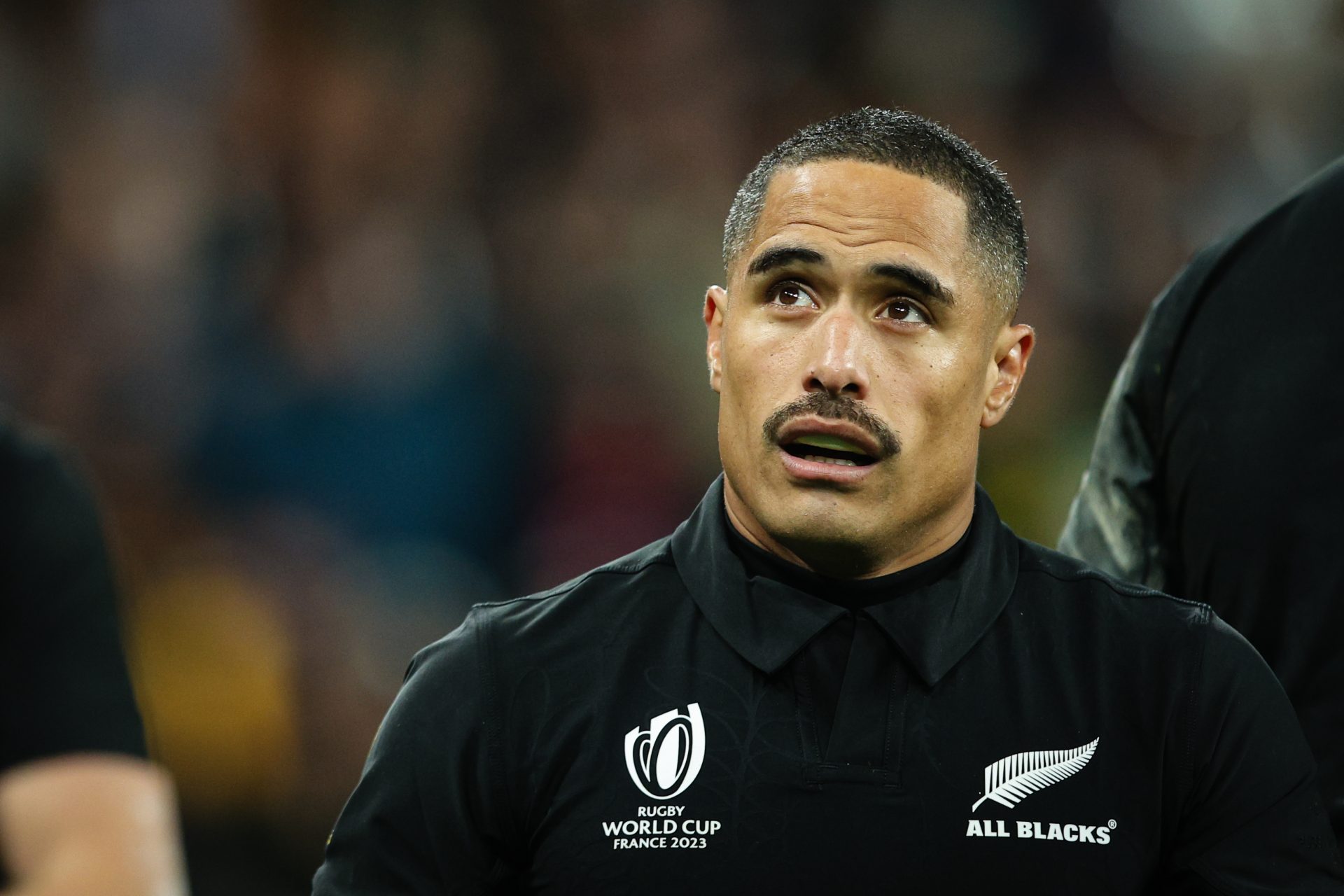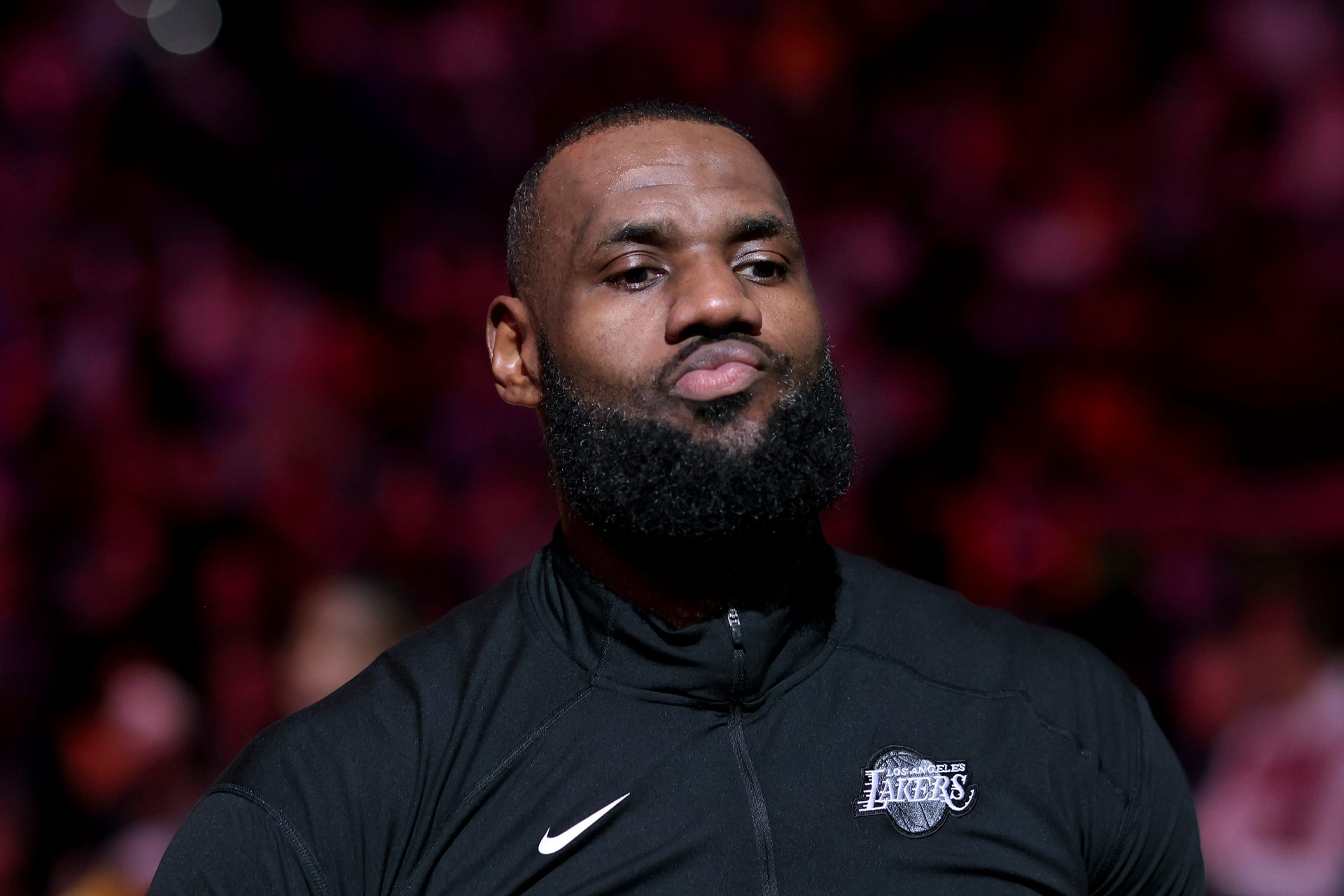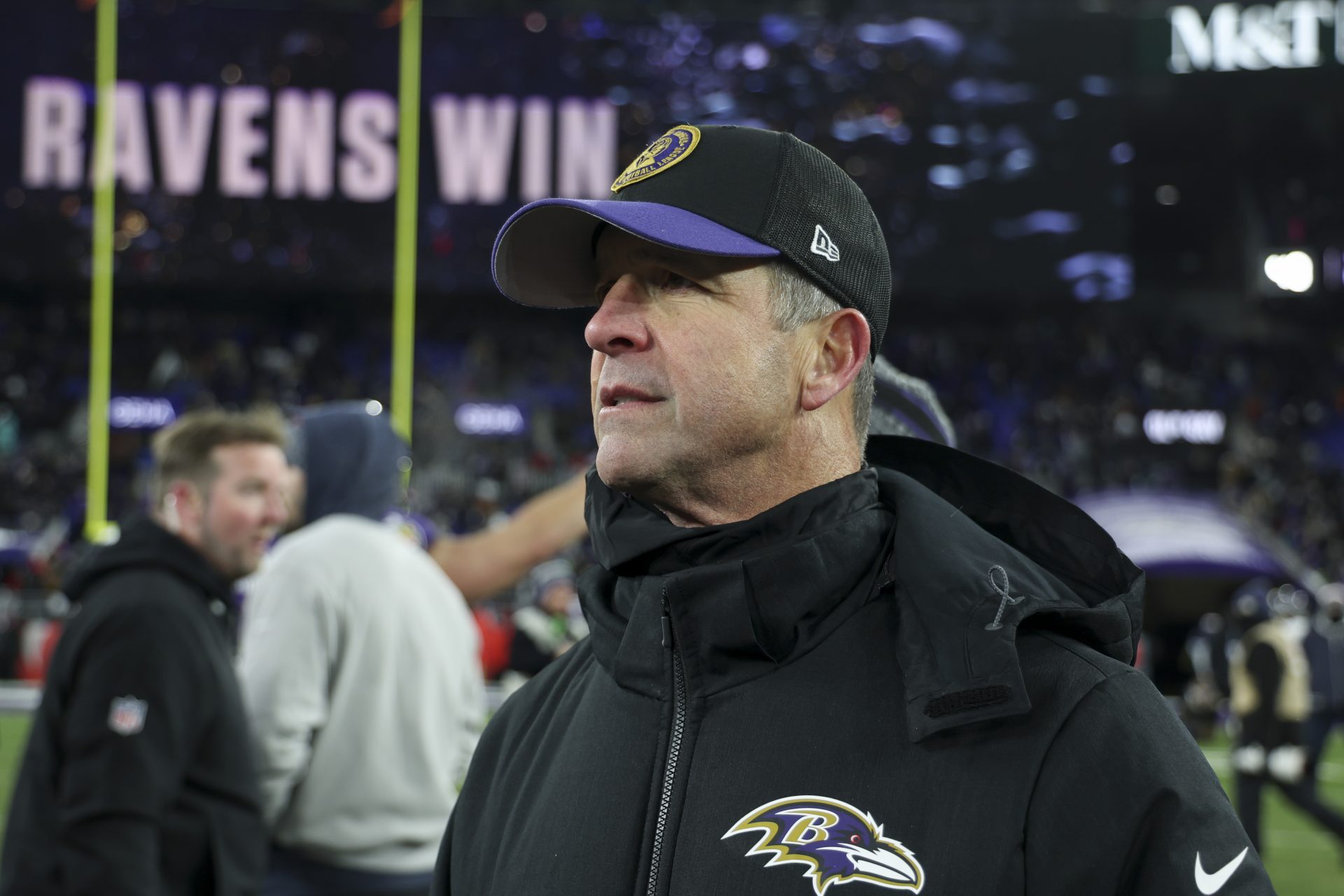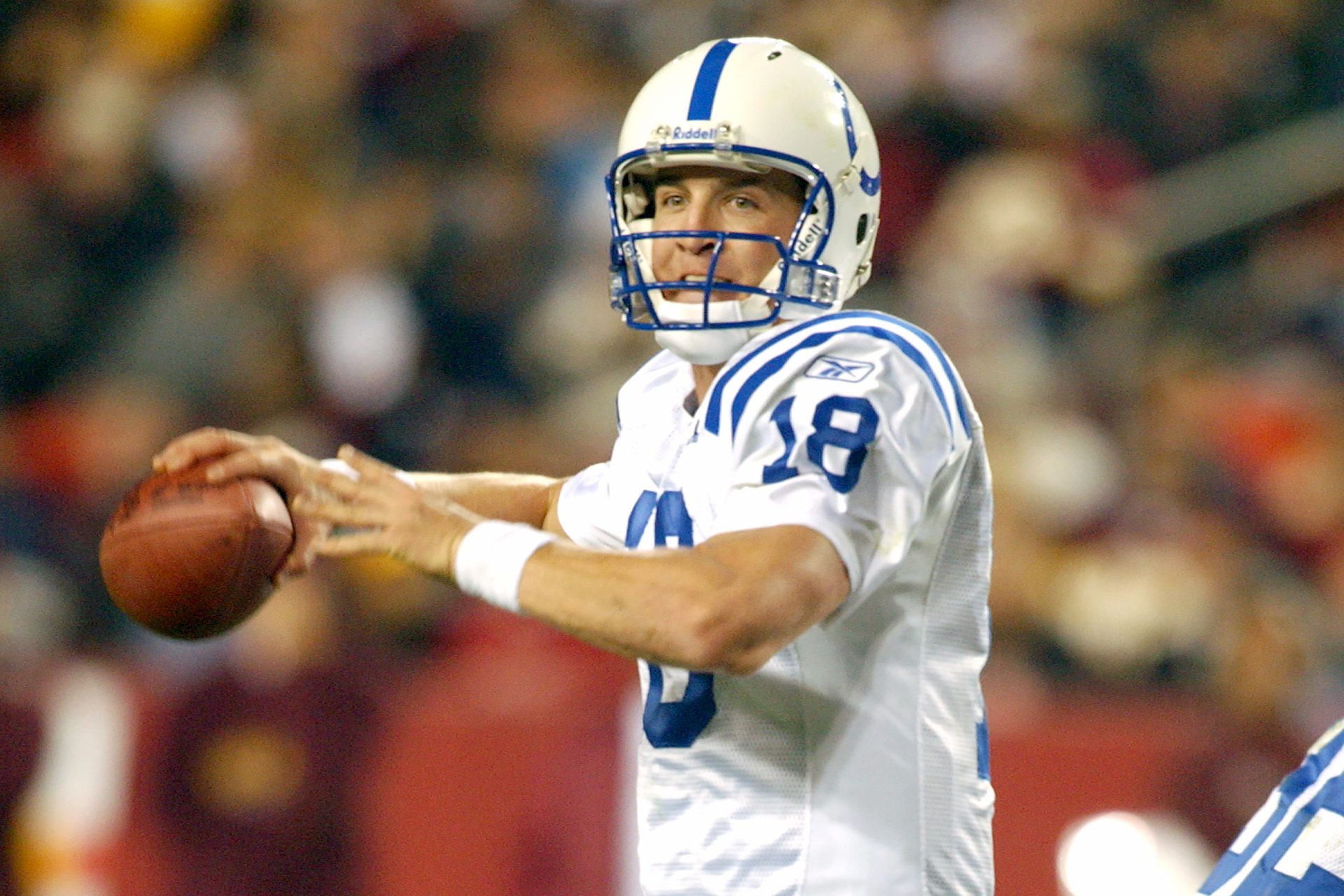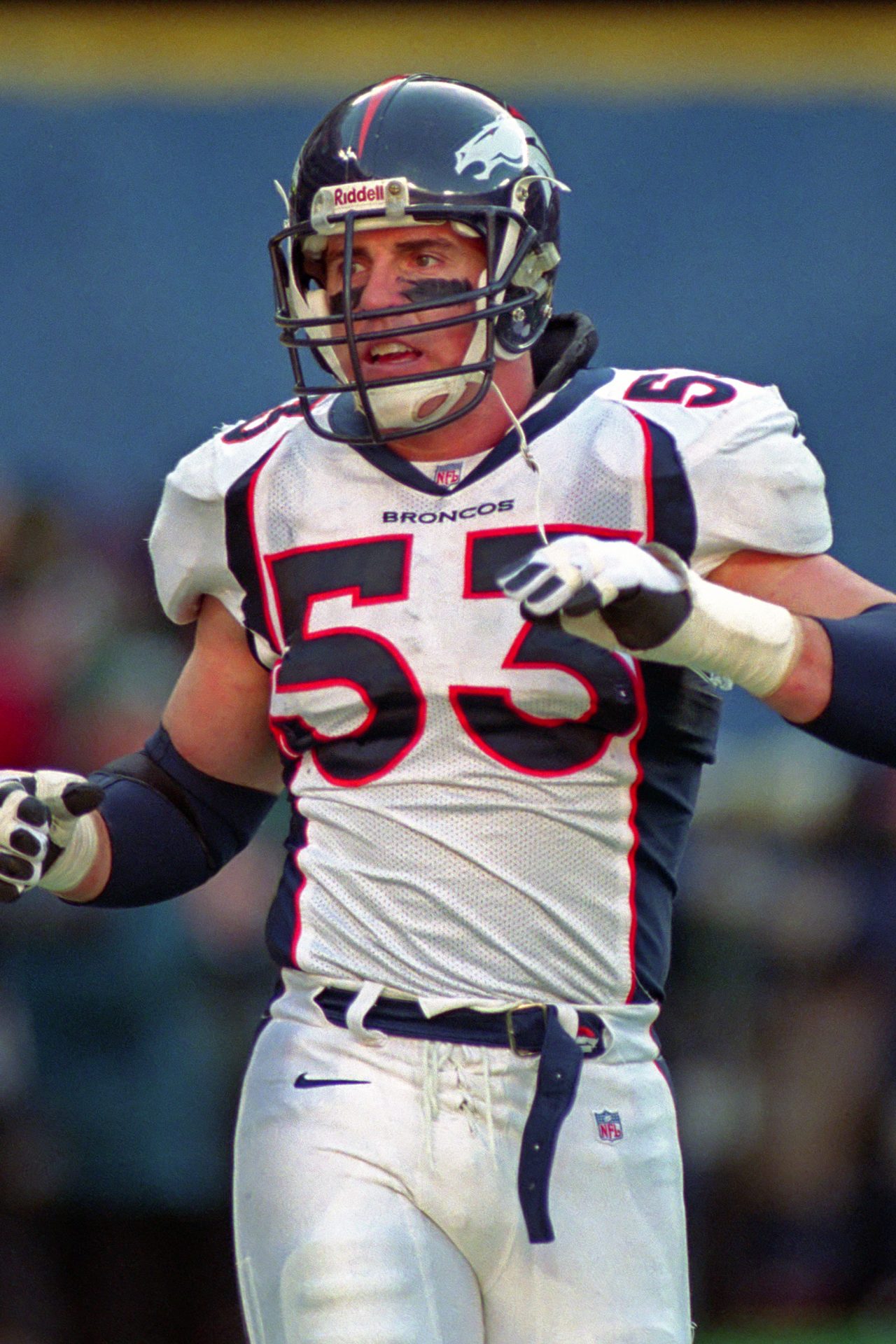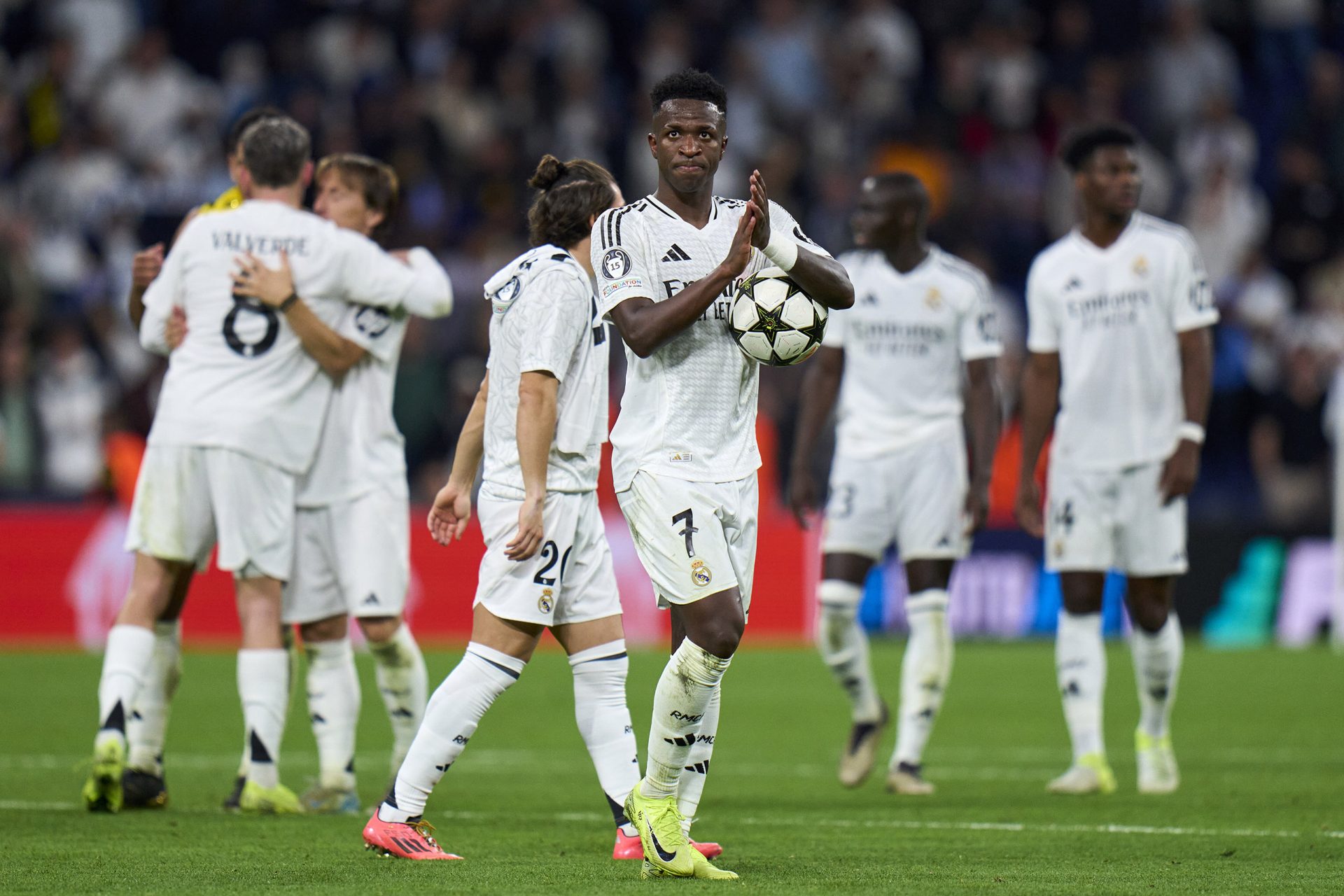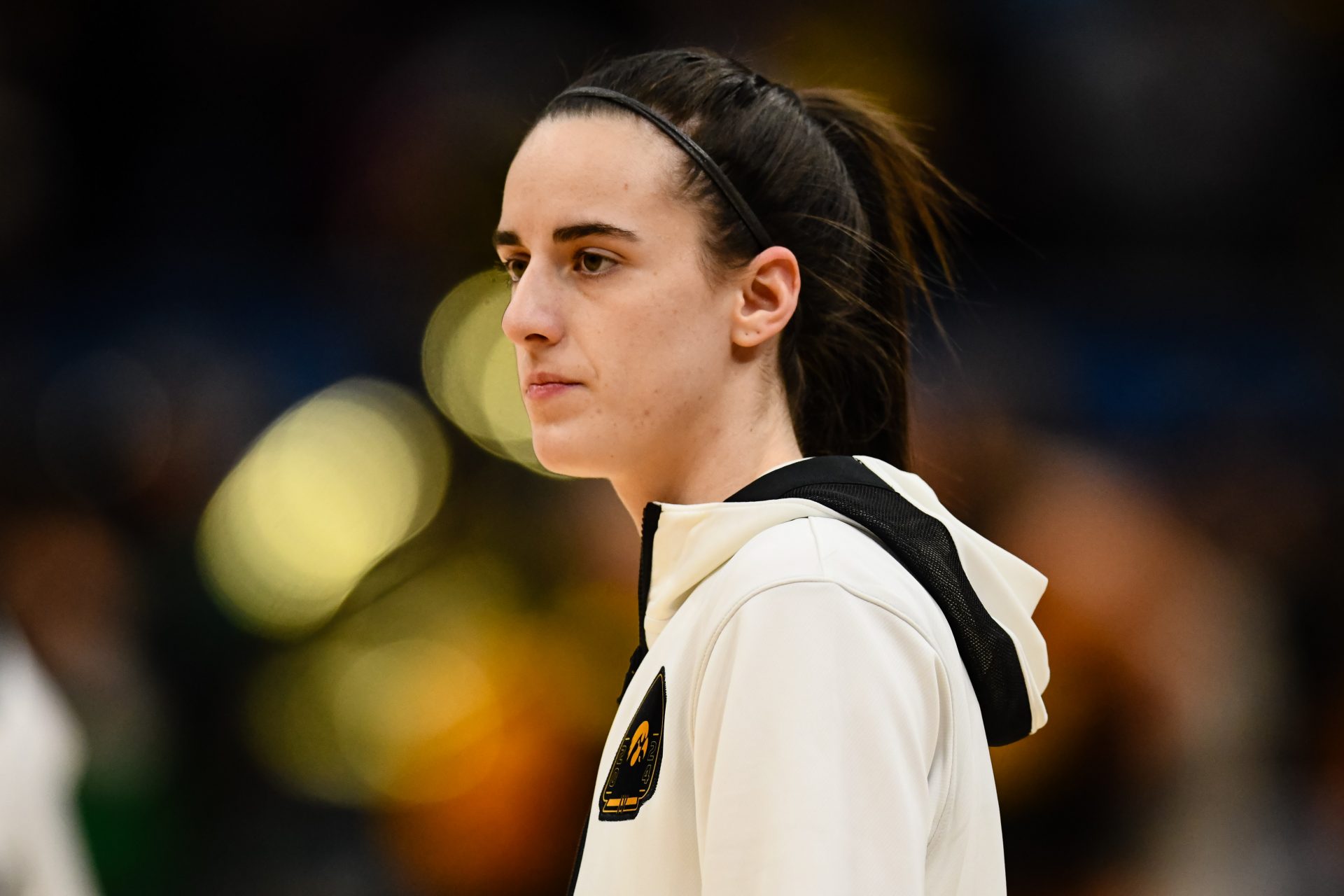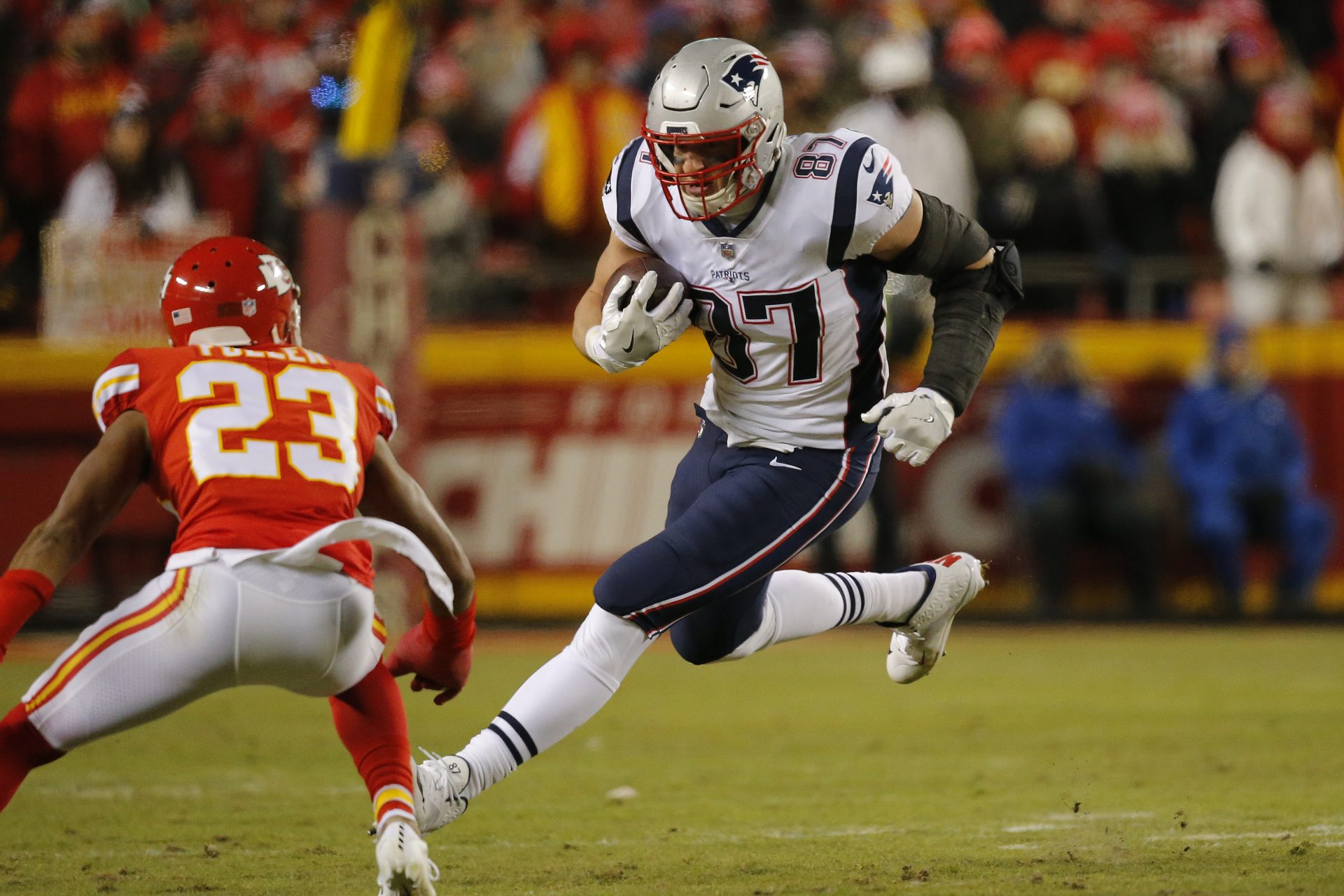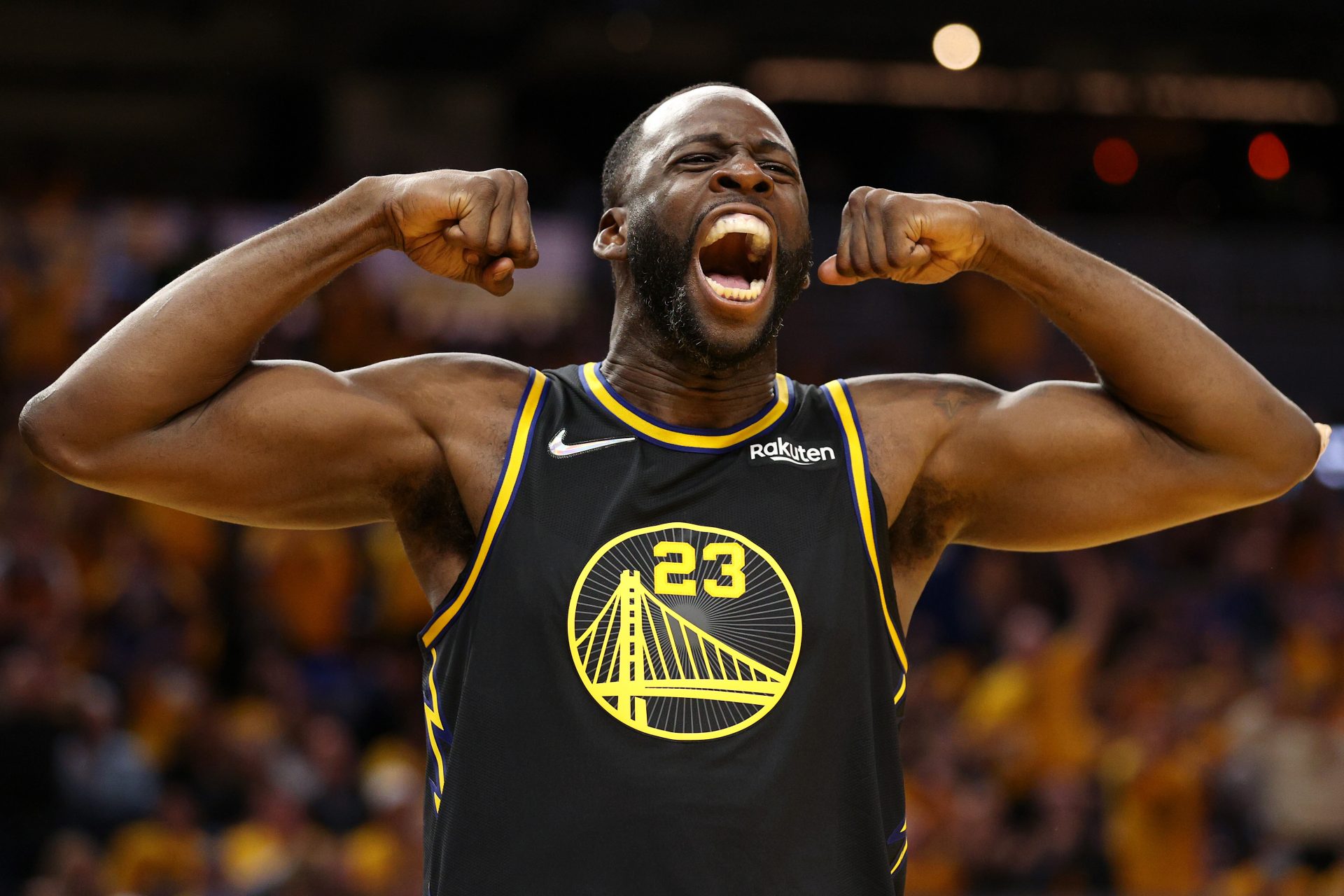A thug's game: The biggest scandals to hit rugby
They say that rugby is a thug's game played by gentlemen, but that bit of sloganeering doesn't always ring true. Let's look at some of rugby's biggest scandals in recent years.
One of the worst scandals to hit rugby would have to be the Kamp Staaldraad debacle. The scandal centered around a training camp the Springboks attended in South Aftook as they prepared for the 2003 Rugby World Cup. The camp was supposed to instill leadership skills and teamwork in the participants, but it ended up being a nightmare for some of them.
Image Credit – Facebook ZA Rugby
Several young men reported physical and emotional abuse, including being forced to eat their own vomit, being sprayed with cold water while sleeping, and being made to perform humiliating tasks. The incident gained national attention after one of the participants, whistleblower Dale McDermott who helped document the camp, took his own life in 2005 after allegedly struggling with his mental health following his time at Staaldraad.
Image Credit – Facebook ZA Rugby
Want to see more like this? Follow us here for daily sports news, profiles and analysis!
Former France captain Marc Cecillion shocked the rugby world in 2004 when was convicted of the murder of his wife Chantal after a night of partying turned sour.
The former-No 8 had not taken retirement well and had descended into alcoholism following his departure from the Test arena in 1995. Things reached an unforgivable head when a drunk, Cecillon returned to an end-of-season party and in front of 60 people he pulled a .357 magnum from his shorts and fired four bullets into his wife. “I fell into alcoholism whilst being totally wrapped up in my own little bubble,” the former French international captain told the court at his trial, as reported by The New Zealand Herald. “I exploded without knowing why.”
In the 2011 Rugby World Cup match between England and Romania, kicking coach Dave Alred and fitness specialist Paul Stridgeon were found to have illegally switched balls. A move that was considered a breach of the rules.
As a result, the team faced disciplinary action from the Rugby Football Union, including banning the offending staff members from upcoming matches.
During a Heineken Cup game between Toulouse and Ulster in 2007, Trevor Brennan, an Irish forward for Toulouse, crossed the line in a clear case of losing control when he heard some Ulster fans reportedly chanting insults about his pub, De Danu, in Toulouse. Brennan interrupted his warm-up and went into the stand, where he attacked one supporter with a flurry of punches. As a result of his actions, Brennan was handed a lifetime ban and fined £17,000 for the assault.
Prior to a Bledisloe Cup clash in Sydney in 2016, the All Blacks found themselves the victims of a privacy breach after a listening device was found in their team meeting room in their hotel. The discovery of the device caused a stir and tensions between the two teams increased.
The Australian Rugby Union (ARU) immediately launched an investigation into the incident. It was later revealed that the device had been planted by a security consultant who had been contracted by the ARU to sweep the rooms for bugs. The incident caused a significant strain on the relationship between the two rugby unions, but they eventually resolved the matter amicably.
The Harlequins' fake injury scandal took place during a rugby union match between Harlequins and Leinster in 2009. The Harlequins winger, Tom Williams, was instructed by the team's coaching staff to fake a blood injury and be substituted, so that Nick Evans, a specialist kicker, could return to the field. Williams used a blood capsule to fake the injury and was later caught by the match officials.
Want to see more like this? Follow us here for daily sports news, profiles and analysis!
As a result, Harlequins were fined £215,000, according to the metro.co.uk, Williams was given a four-month ban, and Dean Richards, the director of rugby, was banned for three years. The scandal caused significant damage to the reputation of Harlequins and resulted in increased scrutiny of player conduct and the use of blood capsules in rugby.
The Rugby World Cup ticket scandal of 2015 involved the sale of unauthorized and fraudulent tickets by a group of individuals. The fraudsters were reported to have sold the fake tickets at prices far above their face value, causing significant financial losses to unsuspecting buyers. The scandal was a major embarrassment for tournament organizers, who had already faced criticism for their handling of ticket allocations.
Following the discovery of the fraudulent tickets, a number of arrests were made and an investigation was launched by the UK's National Crime Agency. The incident led to calls for greater regulation and oversight of the ticket resale market, and highlighted the need for fans to be vigilant when purchasing tickets from unauthorised sources.
In 2015, the South African rugby team, the Springboks, were embroiled in a doping scandal that saw two of their players, Chiliboy Ralepelle and Bjorn Basson, test positive for banned substances. Both players received bans from the sport, and the incident raised questions about doping in South African rugby more broadly.
In 2018, another South African rugby player, Raymond Rhule, was suspended after testing positive for a banned substance. The incident occurred during his time playing for the French club, La Rochelle. The incident further highlighted concerns about doping in South African rugby, and the need for stricter measures to prevent it.
Additionally, in 2020, former Springbok player Aphiwe Dyantyi was handed a four-year ban after testing positive for multiple banned substances, including anabolic steroids. The incident was a blow for South African rugby, as Dyantyi was seen as one of the rising stars of the national team.
In 2016, All Blacks star Aaron Smith was caught up in a scandal after he was caught having a sexual encounter with a woman who was not his partner, in a disabled toilet at Christchurch Airport.
The incident took place while the All Blacks were traveling back from South Africa after a test match. The incident quickly made headlines, and Smith was suspended for one match and sent home from the tour, facing further disciplinary action from the New Zealand Rugby Union.
Smith publicly apologized for his actions, admitting that he had let down his team and his country, and most importantly, his girlfriend, and took a break from rugby to focus on his personal life. The incident sparked a wider conversation about the behavior and responsibilities of professional rugby players, and raised questions about the culture of the sport in New Zealand.
The Tana Umaga spear tackle on Brian O'Driscoll occurred during the first minute of the first test match of the 2005 British and Irish Lions tour of New Zealand. O'Driscoll was taken out in the tackle by Umaga and his teammate Keven Mealamu, causing a dislocated shoulder that forced O'Driscoll out of the remainder of the tour.
Though it took some time for footage to emerge, the incident sparked controversy and criticism of the All Blacks team, with many condemning the dangerous tackle. However, no action was taken against the players by the match officials, as it was missed by referee Joel Jutge at the time and the reviewing panel.
Want to see more like this? Follow us here for daily sports news, profiles and analysis!
Although some analysts, such as The Independent, said it appeared the tackle was a deliberate attempt to hurt O'Driscoll after an alleged slight on the All Blacks haka performances, Umaga has maintained that it was not malicious.
More for you
Top Stories



